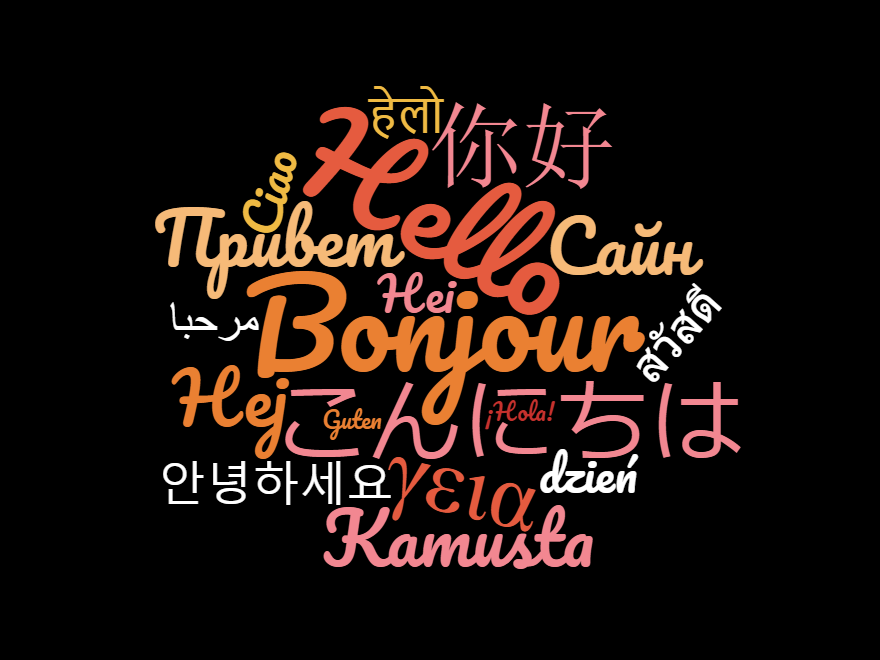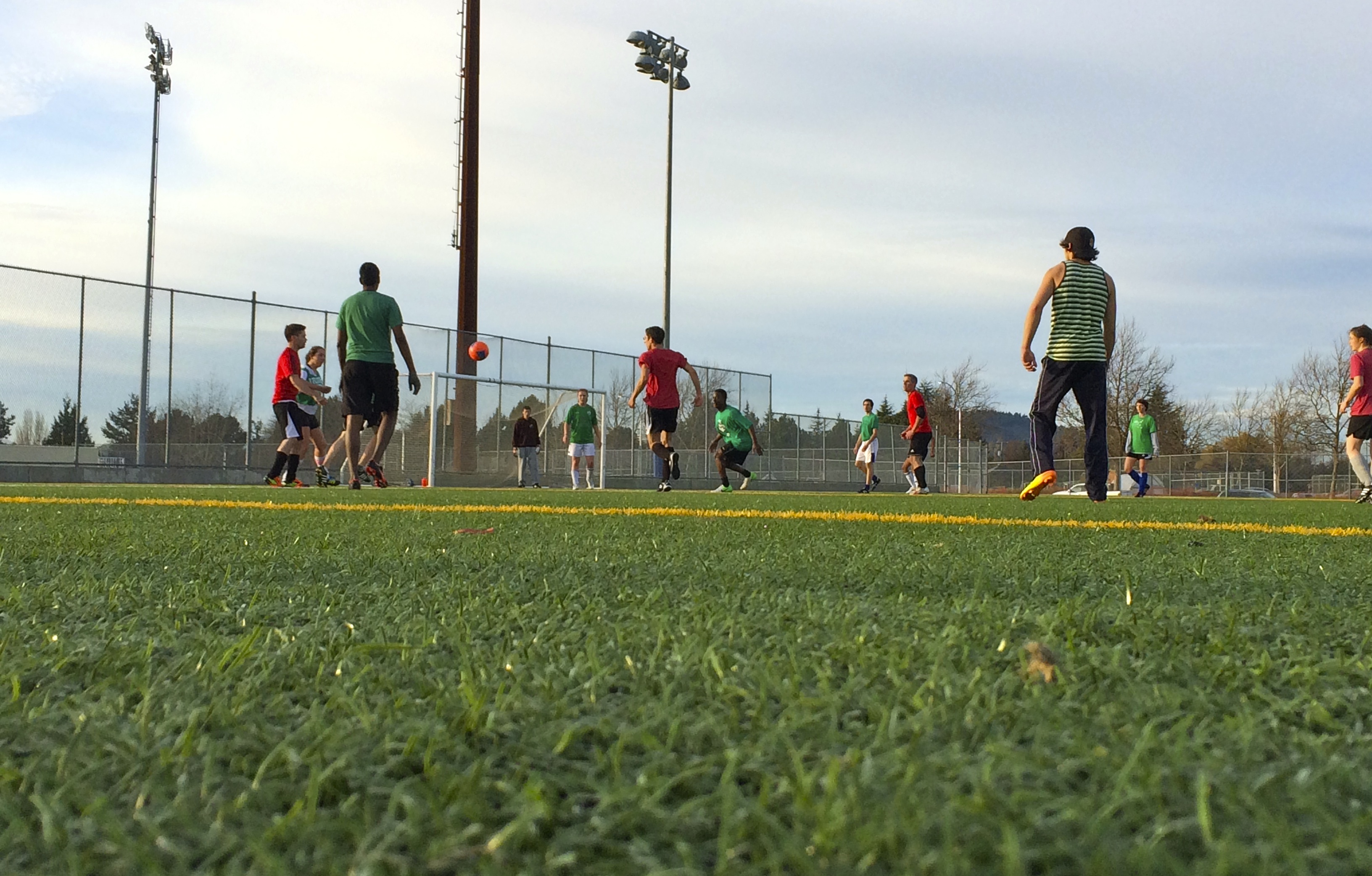Comparing the Options: Choosing an Education Program

Photo by Jenny Caywood on Unsplash
In my last blog post, I shared one of the inspirations that led me to decide to become a teacher.
Teaching abroad can certainly be a great testing ground to explore the profession and make a decision whether it is right for you, but if you’re reading this I imagine that you’re already interested.
You’re set on your dream—you want to teach here in Canada and perhaps you’re wondering which way to go.
I’ll admit that I’m biased in this respect. As someone who has completed two degrees at UVic, I really like what my locale and school provided.
UVic has always been the place for me; nevertheless, there are many pathways to education. I’m here to show you what I know from experience and why I feel the way I do as well as provide the tools you need to make an informed decision on your path.
Which Province Should I Teach In?
First there’s the question of why BC is the best place to gain an Education degree in Canada. According to the Conference Board of Canada, Alberta, British Columbia and Ontario have the highest rankings for Education; yet the experience of becoming a teacher is slightly different depending on the province that you are in.
The Canadian Teachers Federation keeps track of the different regulation requirements for each province. Once you become a teacher, the experience of working as a teacher can be a little different too. For example, the pay in Alberta is slightly higher, while BC has negotiated smaller class sizes.
The Globe and Mail has a great article which outlines the main differences between British Columbia, Alberta and Ontario—but for me, BC is the most exciting place to become a teacher and I’ll explain why.
After the winning of a landmark Supreme Court of Canada victory, a flood of new job positions and the rollback to smaller class-sizes and increased support for students has helped the situation in BC greatly. In addition to this, the changes which have recently been made to the curriculum allow for greater freedom for teachers and (in my opinion) better reflect the rapidly changing role of education in our modern society.
No matter how you think about the changes in the new curriculum, being part of a community which is actively growing to meet the changing needs of students is exciting indeed. I personally think that this new curriculum is a step in the right direction and an appropriate start to the conversation which we may be having as a society for some time yet.

Photo by diana spatariu on Unsplash
Which Schools Can I Attend in BC?
The second big question of this post is what educational programs are available in British Columbia and what makes UVic stand out.
The British Columbia Teachers Federation (BCTF) has a list on their website of the nine different programs available to prospective students. Of those nine, the programs that I’ve personally learned details of as a student-teacher have been:
- Vancouver Island University( 5 Year Bachelor’s, Post Degree)
- Simon Fraser University(Education Landing Page)
- University of British Columbia (Bachelor of Education, Calendar) ,
- University of Victoria (Teacher Ed Landing Page)
Importantly, all programs follow the same list of requirements to get a certificate. I won’t go into details here, but the hyperlinks next to each university will take you to the top page of each respective program.
The universities don’t actually hand out the teacher’s certificates, either; rather, they submit a recommendation to the Teacher’s Regulation Board which checks everything thoroughly by their own process.
All schools are bound to the same regulations, yet there are also differences. Each program has its own flavour, with some programs mixing the different disciplines together for collaborative work more (UVic) and others with cohorts that fall along academic lines (UBC).
The practicum experience also requires a certain amount of observation and teaching, but each program has its own timing and strategy for how to introduce new teachers to the school system.
To sum it up, the programs all fulfill the same requirements and the certificate received at the end is the same, so what I’ll do now is break down the four factors that I think are most important and why I picked UVic.
Location
- While the majority of the programs offered in BC are on Vancouver Island or near Vancouver, there are also a few locations which are in other places as well. If the program is the most important thing, then location shouldn’t be a big issue, but if you need to stay close to family this can be a very important factor (it was in my case).
Timing
- As I mentioned before, each location has its own formula for how to fit the requirements. This includes the practicums and the different ways that they are managed.
- When I say timing, there’s also the factor of how often the programs are offered. Some have several entry points per year, while others only offer certain programs once every couple of years.
Price
- Checking the different tuition/living costs can be an important factor for any student who is about to go into student debt to follow a dream.
- This includes scholarship availability and support opportunities. Checking all of these can help and can make a big difference in one’s debt.
- Keep in mind that a practicum is unpaid, so it can be quite a challenge to juggle responsibilities during this busy time. While many enter Education with the thought that they can work on the side during practicum, it can be tough and should be avoided if possible.
Availability
- While there are more teaching positions available than there have been in a long time here in BC, entering a teaching program can also be quite competitive. Many people will apply to enter several programs and see where they get accepted.
- Another thing to keep in mind is the availability of employment after graduating. Applying to a program is a commitment to build connections in an area, and most people will end up teaching in the area that they take the program. It is possible to have your practicum in a district far away from your school—about a fifth of the students in my program did just that, but everyone else applied to the surrounding school districts after graduating.
- As a final note, many communities in northern and rural BC are under served, so there are some incentives to working there. If you’re interested in helping communities in need, you could gain many benefits of taking your new degree to one of these areas. They are communities in need, so it won’t matter which program you got your certificate from. You could get hired right away. If you choose to work in these communities, the BC Government also has a loan forgiveness program for certain professions related to teaching.

Photo by Rumega Daniel on Unsplash
Conclusion
In my case UVic was the place to go. I’m from Victoria and all of my support systems are here, so it made sense to stay in town.
After graduating my first degree with an Indigenous Studies minor, I also like the direction which UVic has been taking towards building a more equitable space for Indigenous students and the efforts which have been made to enhance Indigenous programs at the school.
I was really excited some years ago when I heard that they were going to transform the field in the middle of the campus into the First People’s House. Recently I was excited to hear about the Faculty of Law developing a new Indigenous Law Degree which is now unique in the world for what it offers. Since I’m a local, I knew what to expect with UVic, and this was the place for me.
As I said in the beginning of this article, my experiences give me a bias, but I do recommend UVic to anyone who wants to make that next step to Education because it has been launching point of a successful career twice-over for me.
I guess the remaining question is whether it is the best place for you too. Big life decisions such as this call for careful thought and consideration, so scroll through the pages I’ve linked to and if Education still sounds like your calling, in my next post I’ll go over the different programs available at here at UVic, and the difference between each program.



